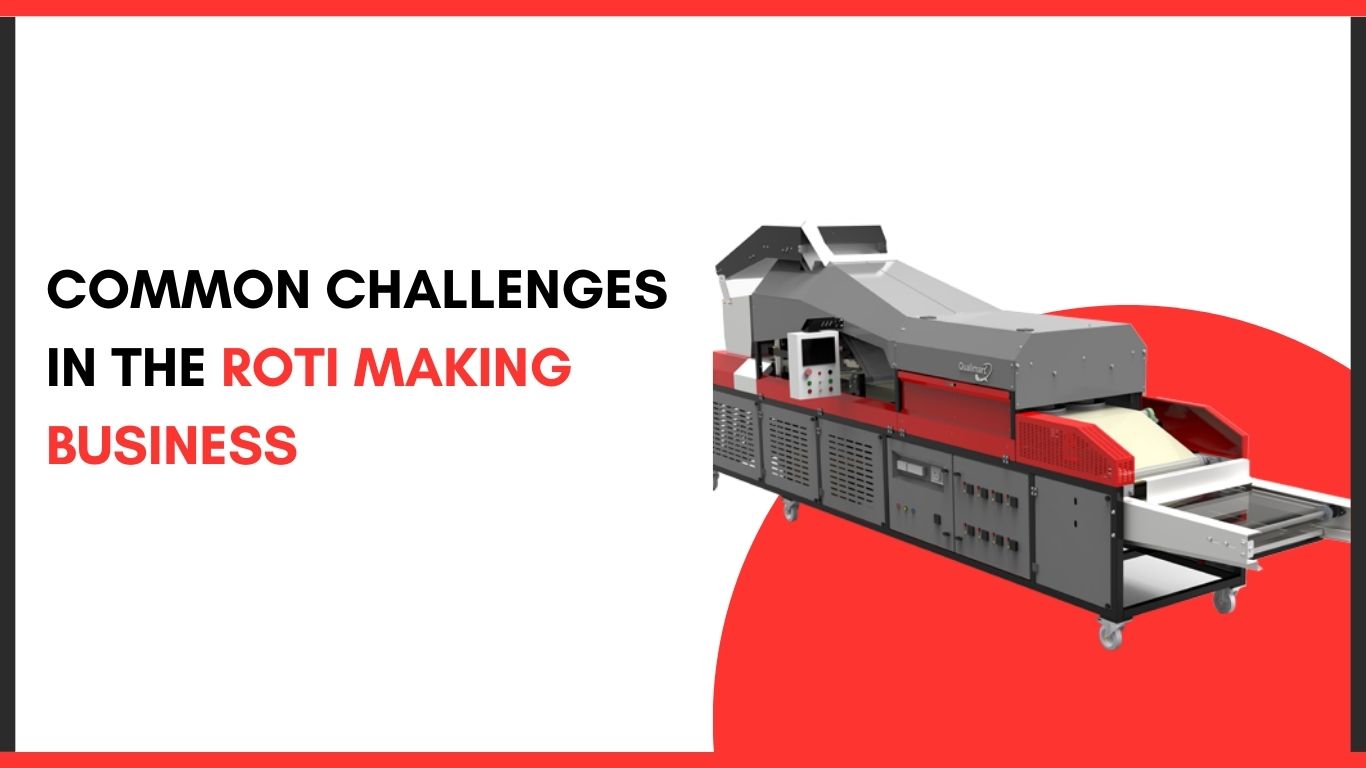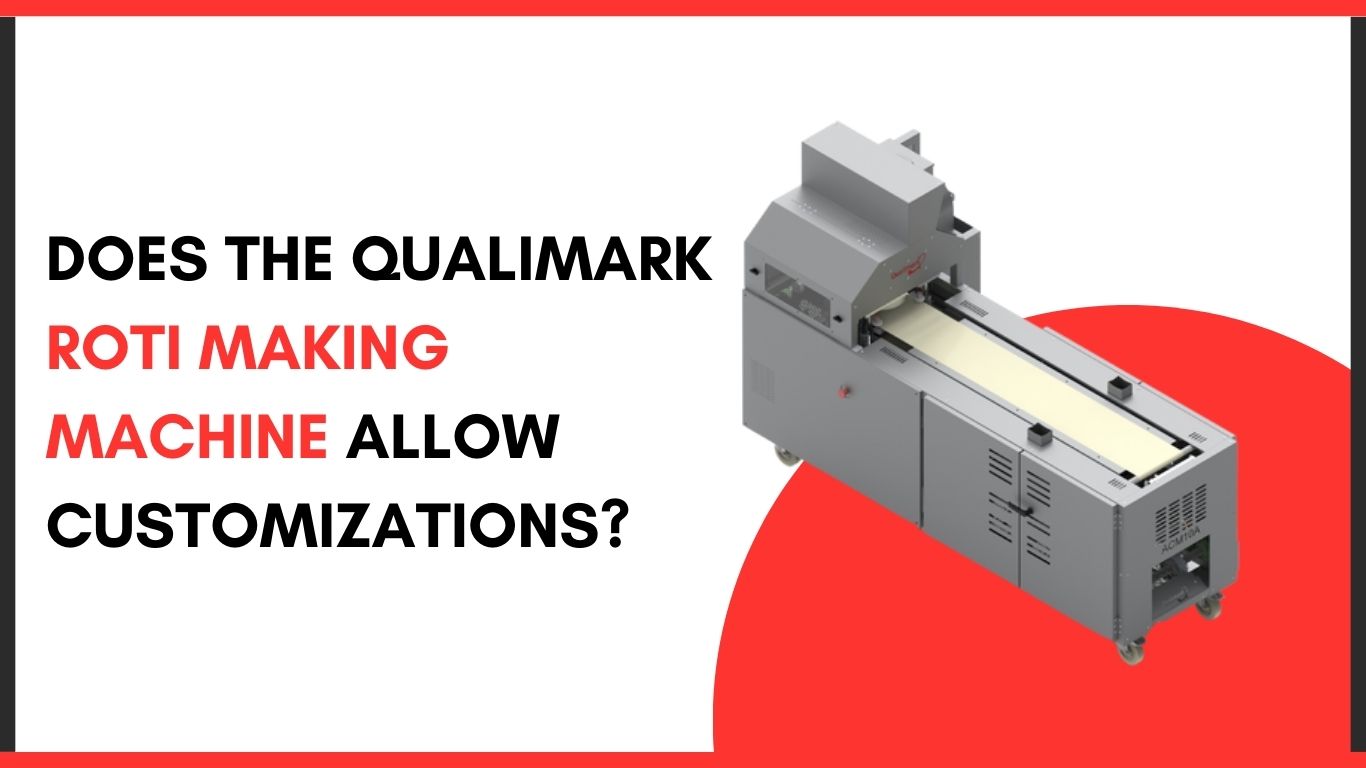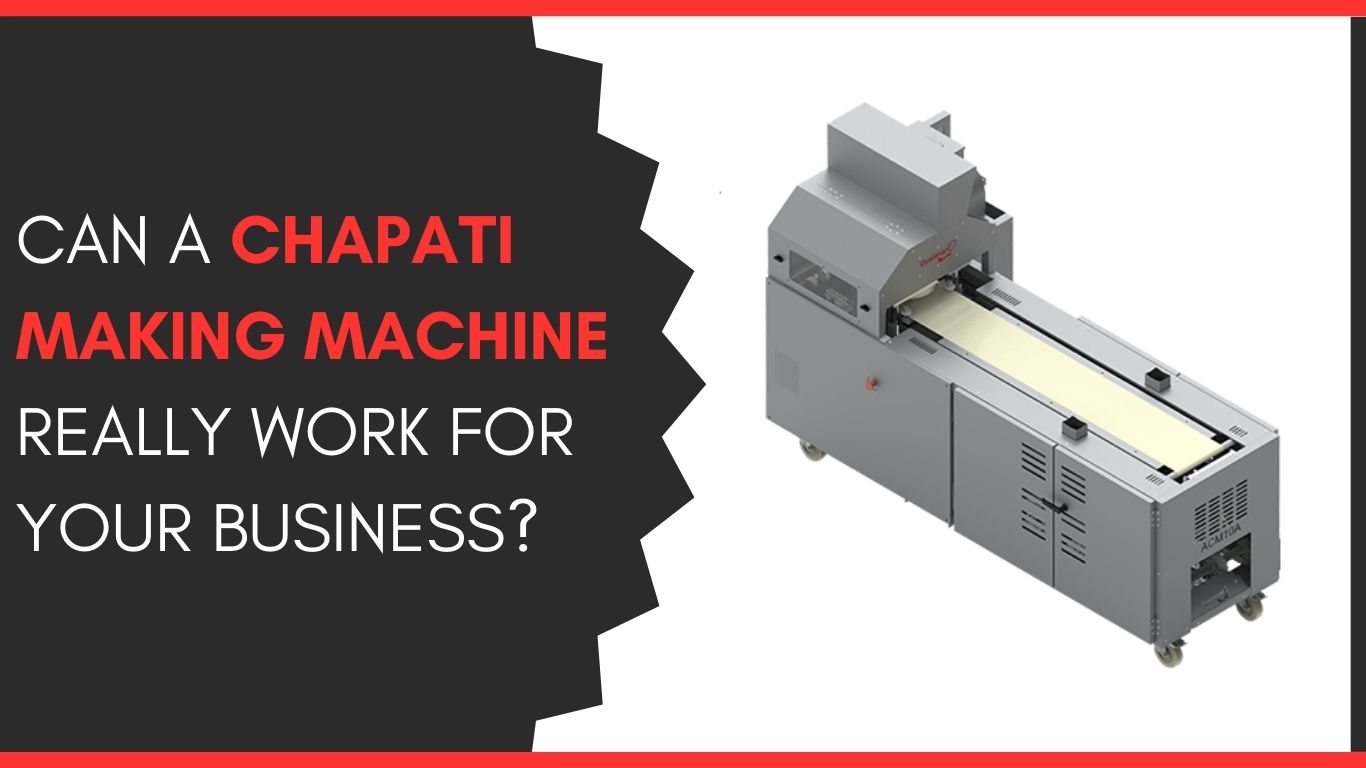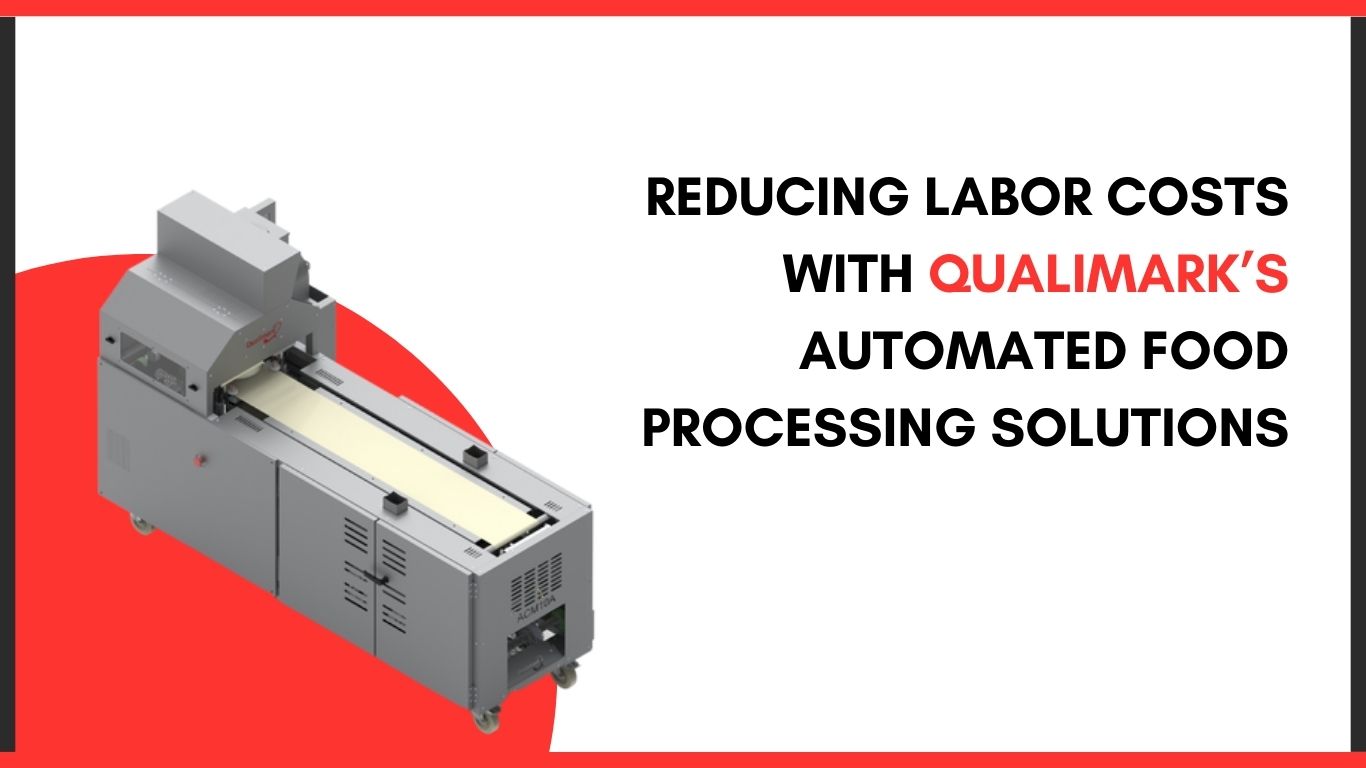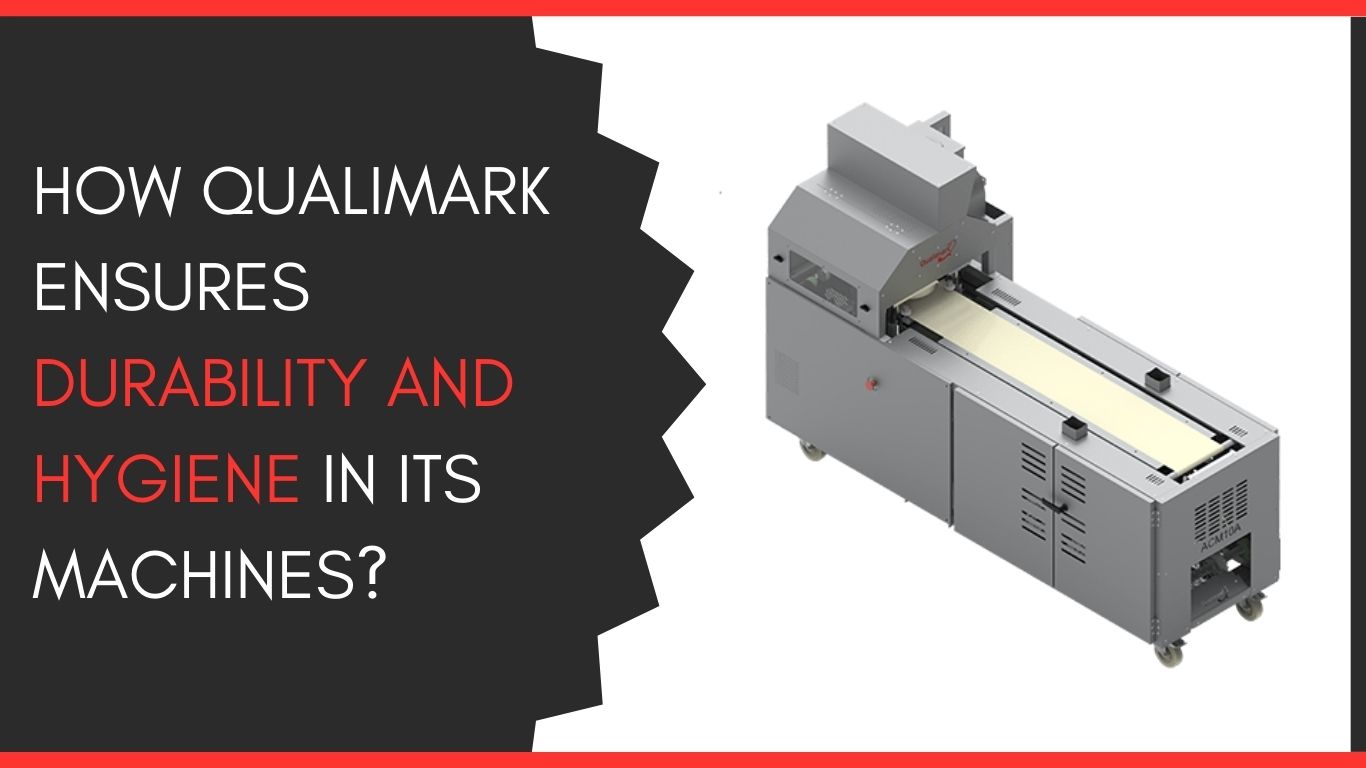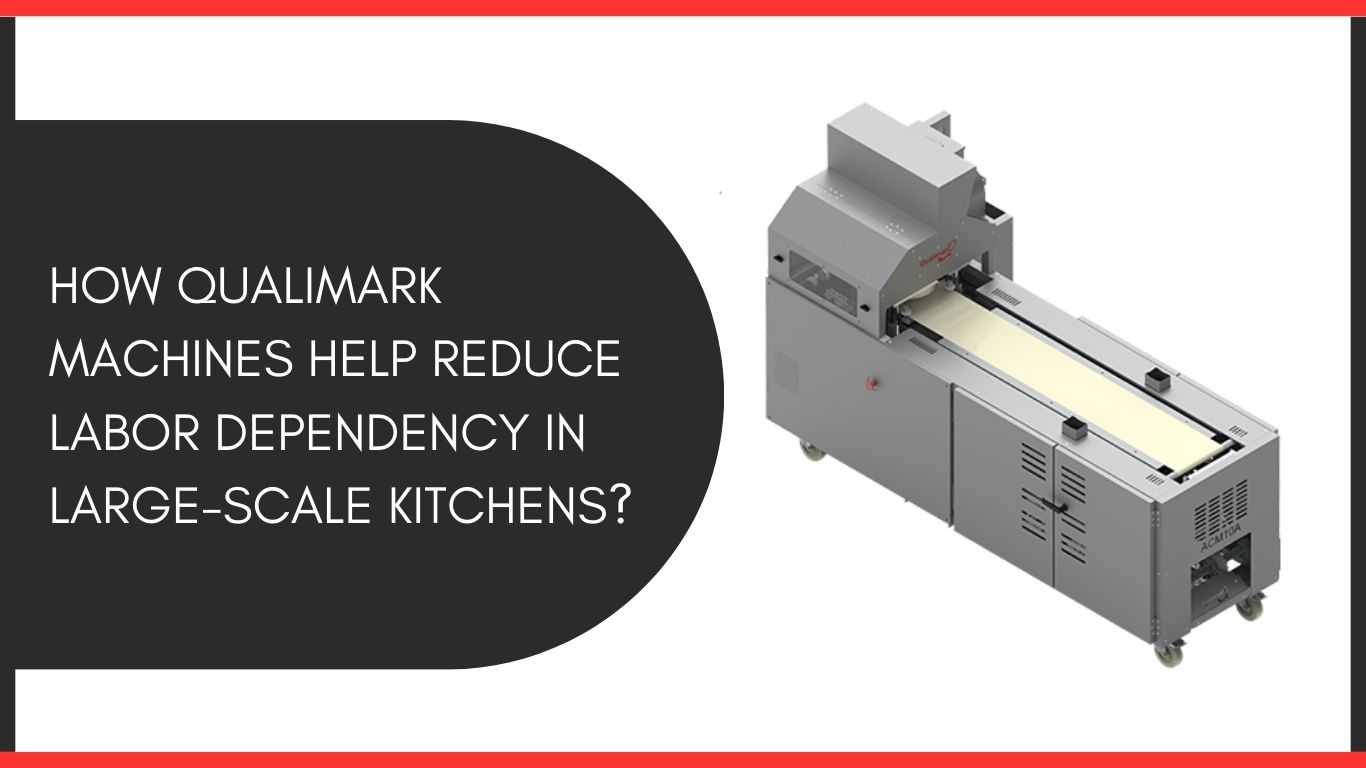The roti-making business has evolved significantly over the years. From traditional hand-made methods to incorporating advanced technology like the Automatic Roti Making Machine, the industry is on a continuous path of innovation. However, despite these advancements, entrepreneurs in the roti-making business often face several challenges that can affect efficiency, profitability, and customer satisfaction. Here are five common challenges in the roti-making business and practical solutions to overcome them.
Inconsistent Quality
One of the most significant challenges in the roti-making business is maintaining consistent quality. Customers expect soft, evenly cooked, and perfectly round rotis every time. However, manual processes often lead to inconsistencies in size, texture, and cooking.
How to Overcome It:
- Invest in an Automatic Roti Making Machine: These machines ensure uniformity by automating the rolling, cooking, and puffing process, delivering consistent quality rotis every time.
- Regular Maintenance: Ensure your roti-making equipment is well-maintained to avoid variations in output.
- Quality Ingredients: Use high-quality flour and other ingredients to achieve consistent taste and texture.
Roti Making Machine Benefits:
- Ensures precise thickness and diameter.
- Minimizes human error.
- Produces rotis with a consistent texture and softness.
High Labor Costs and Dependency
Labor-intensive processes not only increase costs but also create dependency on skilled workers. Finding and retaining skilled labor can be a challenge, especially during peak seasons.
How to Overcome It:
- Automate the Process: An Automatic Roti Making Machine can drastically reduce labor dependency by taking over repetitive tasks like kneading, rolling, and cooking.
- Training Programs: Train your existing workforce to handle and maintain the machines, reducing the need for highly skilled manual labor.
- Scalable Solutions: Start with semi-automatic machines and gradually scale up to fully automatic models as your business grows.
Key Benefits:
- Reduces labor costs.
- Increases production efficiency.
- Ensures scalability for growing demands.
Meeting High Demand During Peak Times
The roti-making business often faces spikes in demand during festivals, weddings, or other special occasions. Fulfilling large orders manually can be overwhelming and lead to delays.
How to Overcome It:
- Upgrade to High-Capacity Machines: Advanced Roti Making Machines can produce hundreds of rotis per hour, making them ideal for handling bulk orders.
- Inventory Management: Stockpile essential raw materials during peak seasons to avoid supply chain disruptions.
- Efficient Scheduling: Plan production schedules in advance to meet delivery deadlines.
Efficient Scheduling: Plan production schedules in advance to meet delivery deadlines.
- Handles bulk production effortlessly.
- Reduces turnaround time.
- Ensures timely delivery even during peak seasons.
Hygiene and Food Safety Standards
Maintaining hygiene and adhering to food safety standards is non-negotiable in the food business. Manual processes increase the risk of contamination, which can tarnish your brand’s reputation.
How to Overcome It:
- Adopt Automation: Automatic roti-making machines minimize human contact with the dough, ensuring higher hygiene levels.
- Regular Cleaning: Schedule regular cleaning and sanitization of equipment and workspaces.
- Compliance Training: Train your staff to adhere to food safety regulations and implement best practices in food handling.
Why Choose Automatic Roti Making Machines for Hygiene?:
- Ensures a clean and controlled production environment.
- Reduces the risk of contamination.
- Meets global food safety standards effortlessly.
Rising Operational Costs
High operational costs, including labor, energy, and raw materials, can eat into profits. Balancing cost efficiency without compromising quality is a critical challenge.
How to Overcome It:
- Energy-Efficient Machines: Modern roti-making machines are designed to consume less energy, reducing utility bills.
- Bulk Purchases: Buy raw materials in bulk to lower costs and negotiate better deals with suppliers.
- Optimize Workflow: Use data and analytics to streamline production processes and minimize waste.
Roti Making Machine Benefits for Cost Efficiency:
- Lowers labor and energy costs.
- Reduces waste through precision.
- Enhances overall productivity, leading to higher profitability.
Final Thoughts
The roti-making business, like any other industry, comes with its set of challenges. However, with the right strategies and tools, these obstacles can be turned into opportunities. Investing in an Automatic Roti Making Machine not only streamlines your operations but also ensures consistent quality, hygiene, and cost efficiency. Moreover, these machines allow you to scale your business to meet increasing demand without the stress of labor dependency or operational inefficiencies.
By addressing these common challenges proactively, you can position your business for long-term success. The roti-making industry is evolving, and embracing automation and innovation is the key to staying ahead of the competition.

